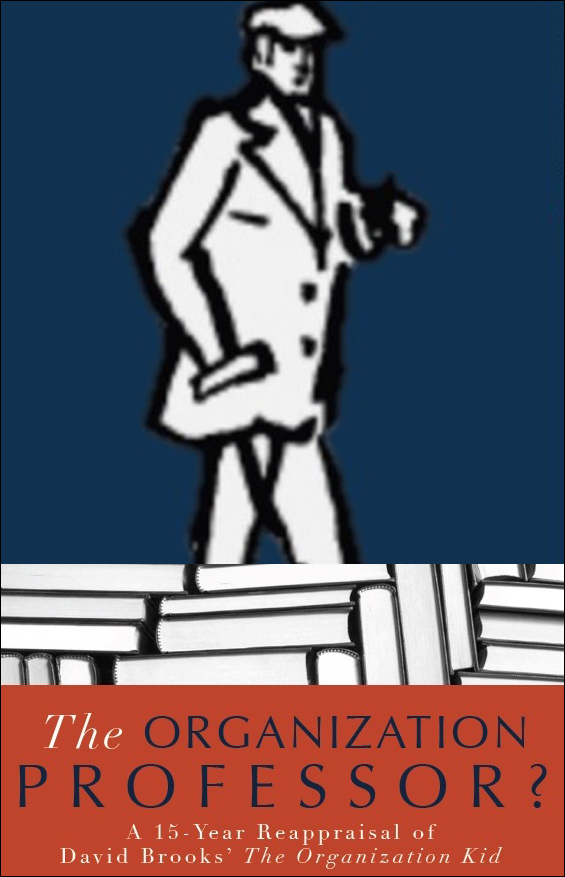Collegium Institute’s Spring 2016 Humanities Symposium focuses on a seminal essay of David Brooks, the New York Times Columnist who is Penn’s Baccalaureate Speaker this year and the recipient of our university's honorary doctorate of humane letters.
In “The Organization Kid” (Atlantic Monthly, April 2001), Brooks argued that Princeton students and their classmates at peer institutions were arriving to college as professional résumé builders, hardly interested in learning for its own sake, let alone for their own personal or moral development.
Fifteen years later, we revisit how the Organization Kids have grown up. Some are back in the same place – elite colleges – this time trying to teach, and moreover to publish. The pressure to produce in quantity has never been greater for faculty and graduate students. How might professors’ (necessary) participation in this system of retention and promotion influence the force of their erstwhile admonitions for students to eschew over-professionalization, pursue the liberal arts, take time to read widely and think deeply, and so forth? If indeed a systemic problem exists that affects professors as much as students, what might be done to address it?
Anthony Grafton’s special interests lie in the cultural history of Renaissance Europe, the history of books and readers, the history of scholarship and education in the West from Antiquity to the 19th century, and the history of science from Antiquity to the Renaissance. Professor Grafton is the author of ten books and the coauthor, editor, coeditor, or translator of nine others.
He has been the recipient of a Guggenheim Fellowship (1989), the Los Angeles Times Book Prize (1993), the Balzan Prize for History of Humanities (2002), and the Mellon Foundation’s Distinguished Achievement Award (2003), and is a member of the American Philosophical Society and the British Academy. In 2011 he served as President of the American Historical Association.



